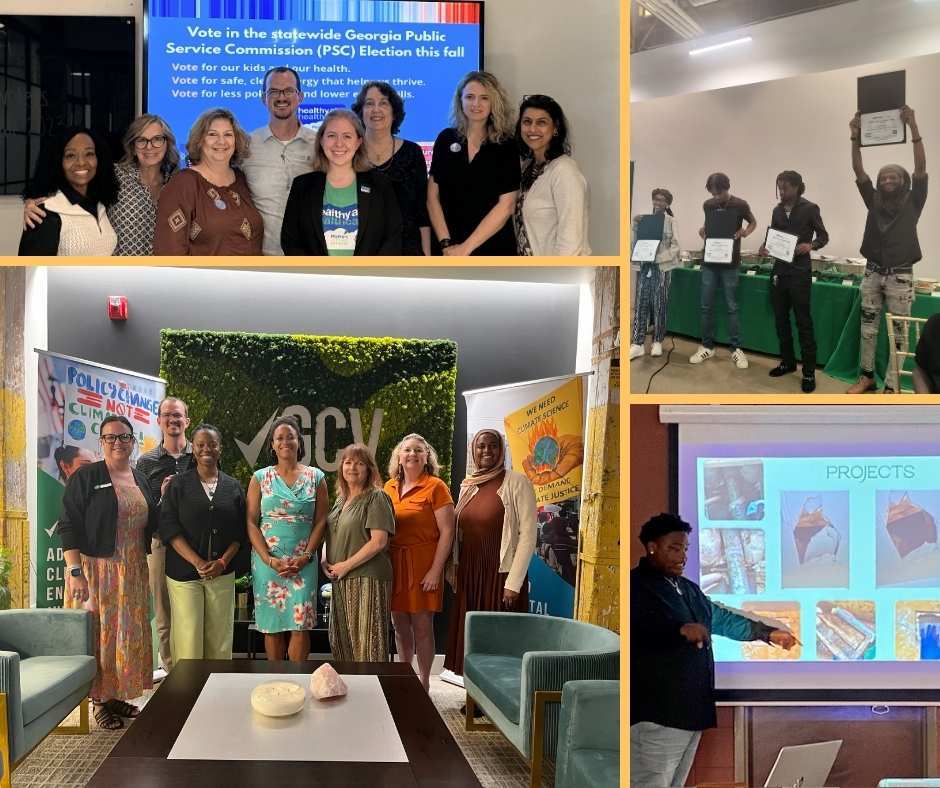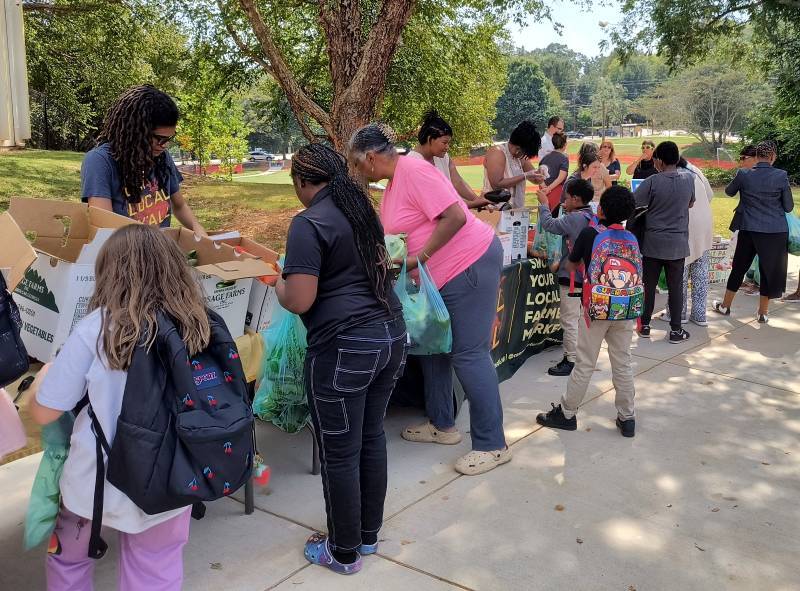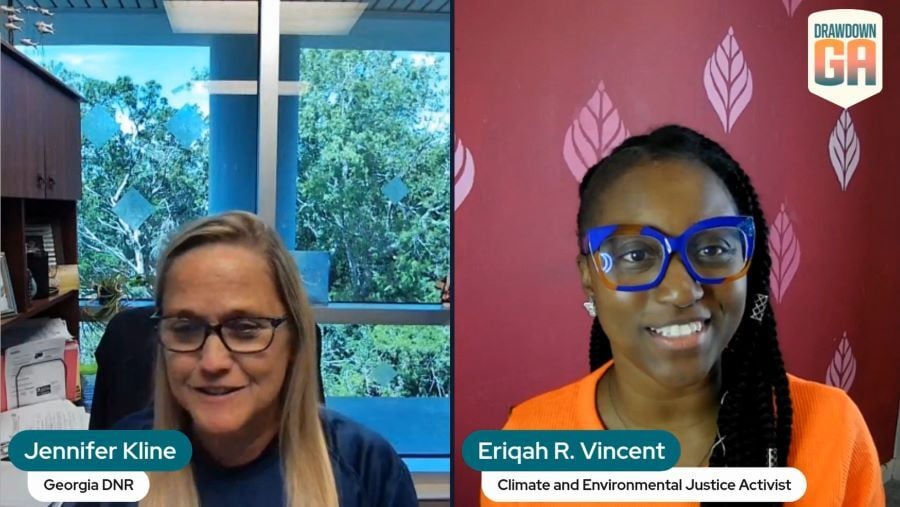White Oak Pastures is a leader in environmentally-responsible agriculture in Georgia. 20 years ago, farmer Will Harris began to shift from conventional beef production to a regenerative grazing system that is restoring the health of soils that had heavily degraded over the years. White Oak Pastures now raises poultry, sheep, goats, rabbits, and pigs -- in addition to cattle -- in an integrated farming system. Conventionally-raised beef creates 16 kilograms of carbon emissions per kilogram of beef produced, but a recent independent analysis found that White Oak Pastures actually sequesters 3.5 kilograms of carbon for each kilogram of beef they produce. Will’s daughter Jenni Harris is a member of the Drawdown Georgia Leadership Council. Jenni shared this blog post written by her father that explores the many reasons why regenerative grazing benefits the earth.
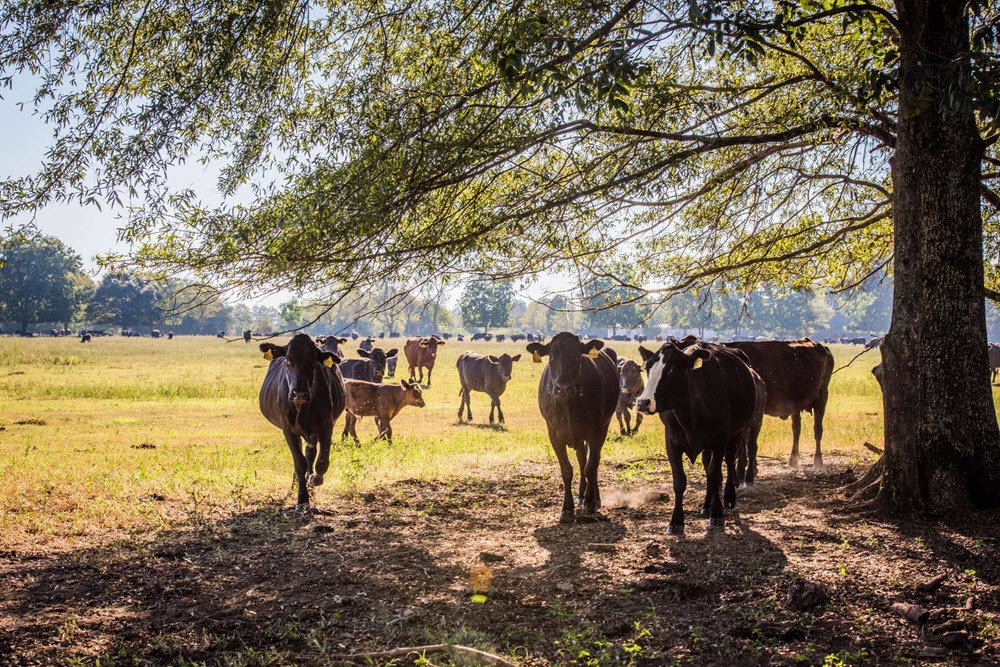
In the 75 years since the end of World War II, we have lived under the assumption that whatever was good for us would be good for our planet. That has proved to be a dismal failure. The unintended, unnoticed, and unpleasant consequences have now become clear, evident, and costly.
We now must accept that wherever is good for our planet will be good for us. I'm pretty sure that this will work a lot better for all of us.
On White Oak Pastures, we have figured out what we are going to do to comply with this new world order. We have relearned how to work with Nature, instead of fighting against Nature. We call it biomimicry, and it is the emulation of the natural systems. We shut up, and sit still, and let Nature tell us how things need to be. Then we do it.
So here it is - I'm not sure if individual ecosystems evolved in the manner that they did because things were meant to be a certain way.... or if individual ecosystems are a certain way because they evolved in the manner that they did. I'm pretty sure that we humans don't have the capability to understand these things. We do not have to understand them. We do have to accept them.
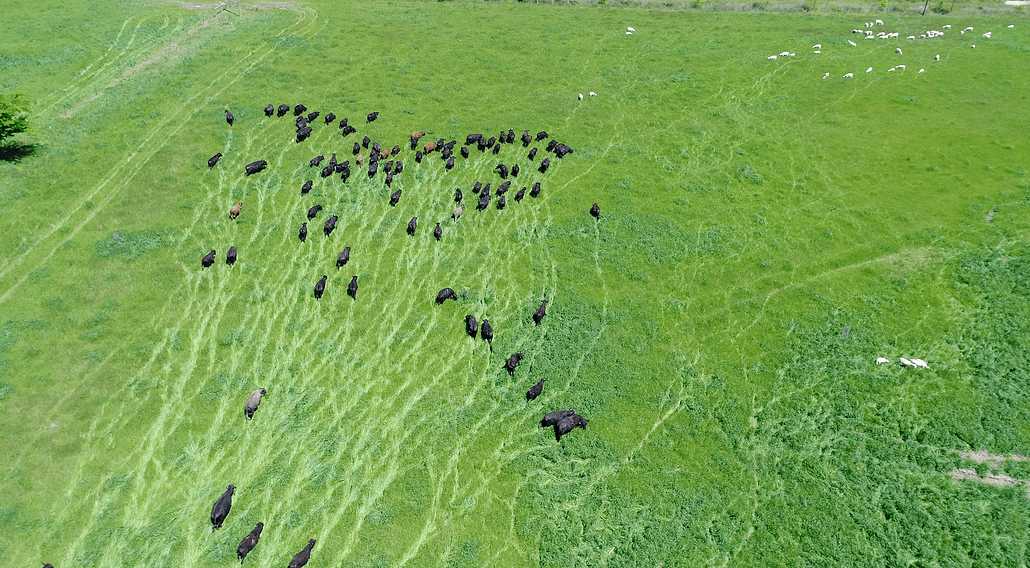 The Coastal Plains of southwest Georgia evolved as a piney woods savannah on the uplands, with hardwood bottoms in the lowlands. The primary ruminants would have been wood bison, and the primary predator would have been wolves in the savannah and big cats in the hardwood bottoms.
The Coastal Plains of southwest Georgia evolved as a piney woods savannah on the uplands, with hardwood bottoms in the lowlands. The primary ruminants would have been wood bison, and the primary predator would have been wolves in the savannah and big cats in the hardwood bottoms.
The bison would have spent their lives in a slow chase of the buffalo, constantly moving them across the landscape. Constantly picking off the old and the weak, the threat of the big cats would have kept the herds from languishing in the wetlands, or riparian areas.
The herbivores would have bunched up in a tight formation, and been constantly on the move, as protection from the predators. They would have created a hard impact on the land: eating almost all of the forage, defecating and urinating, their cloven hooves constantly breaking the surface of the soil, and pushing their waste and plant material into the surface.
But then the land in their path would have had a very long recovery period. The herd may not have trampled that area until a year or more later. This long interval of time gave the plants the time to completely recover and begin healthy photosynthesis again. The microbes in the soil would have thrived with the waste that the herd made available to them.
Today, on our farm, we are again emulating this natural evolutionary system. We replaced woods bison with cattle, sheep, and other livestock. We stockmen of White Oak Pastures replaced the wolves and big cats. We constantly move our herds and flocks across the landscape. And our land is again becoming a beautiful savannah, with great hardwood bottoms.
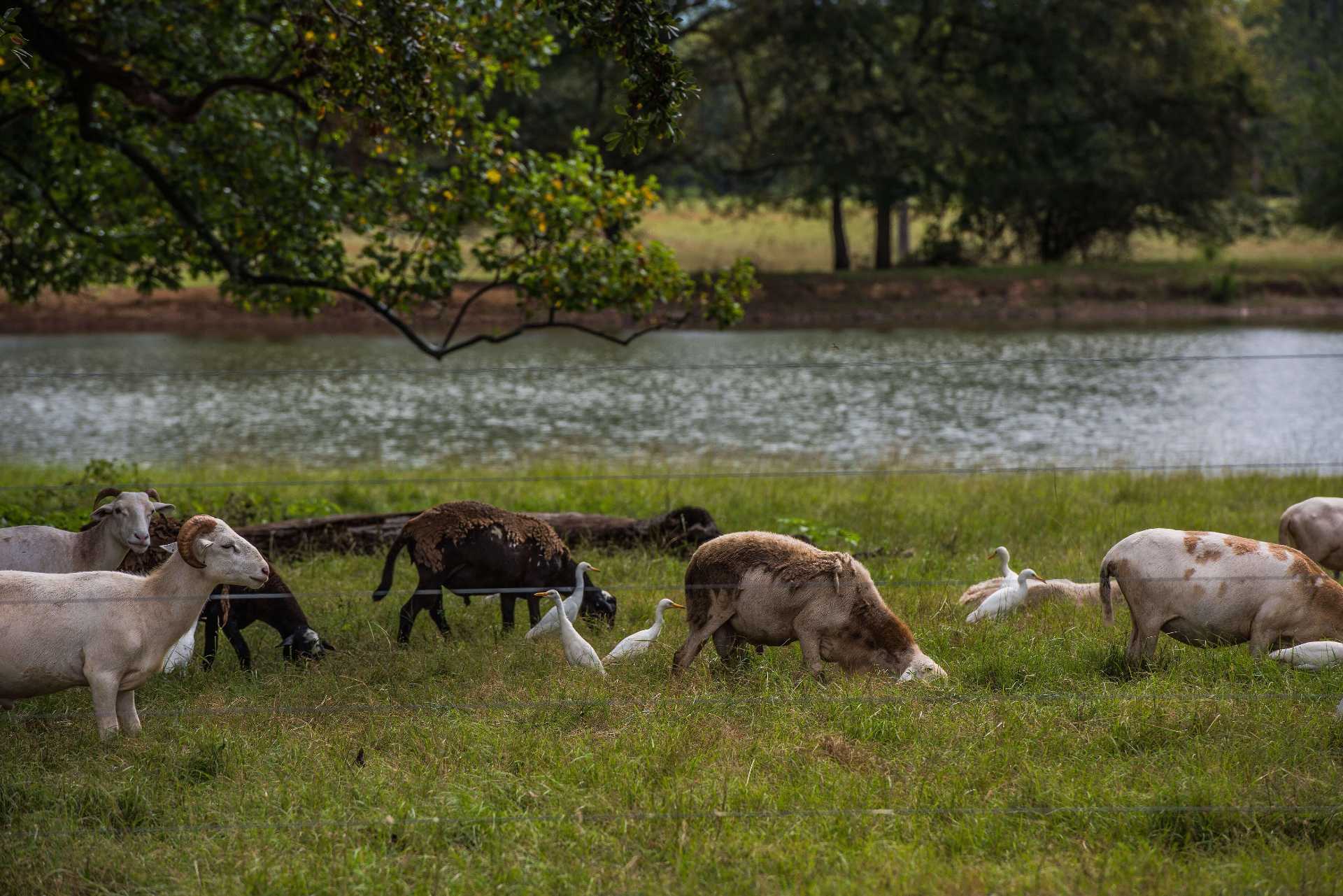 Under this system, all of the cycles of Nature perform optimally: the energy cycle, the mineral cycle, the water cycle, the carbon cycle, the grazing cycle, the microbial cycle, and the other beautiful Cycles of Nature, some of which we humans will never be perceptive enough to even recognize. These cycles produce the Abundance of Nature, which is the only true source of wealth.
Under this system, all of the cycles of Nature perform optimally: the energy cycle, the mineral cycle, the water cycle, the carbon cycle, the grazing cycle, the microbial cycle, and the other beautiful Cycles of Nature, some of which we humans will never be perceptive enough to even recognize. These cycles produce the Abundance of Nature, which is the only true source of wealth.
In the last 75 years, reductive science has provided us with destructive technology that made us powerful enough to break these essential Cycles of Nature. At least in the short term.
Pesticides, subtherapeutic antibiotics, chemical fertilizers, tillage, synthetic hormones, and many other "tools" broke the cycles and transformed the system. They turned the beautiful cyclical system that had been cycling since the creation of the earth into a linear system. This was done to make food production scaleable. It made the system "more efficient" and it took costs out of production.
But this movement from cyclical to linear replaced resiliency with efficiency. It was a really bad trade.


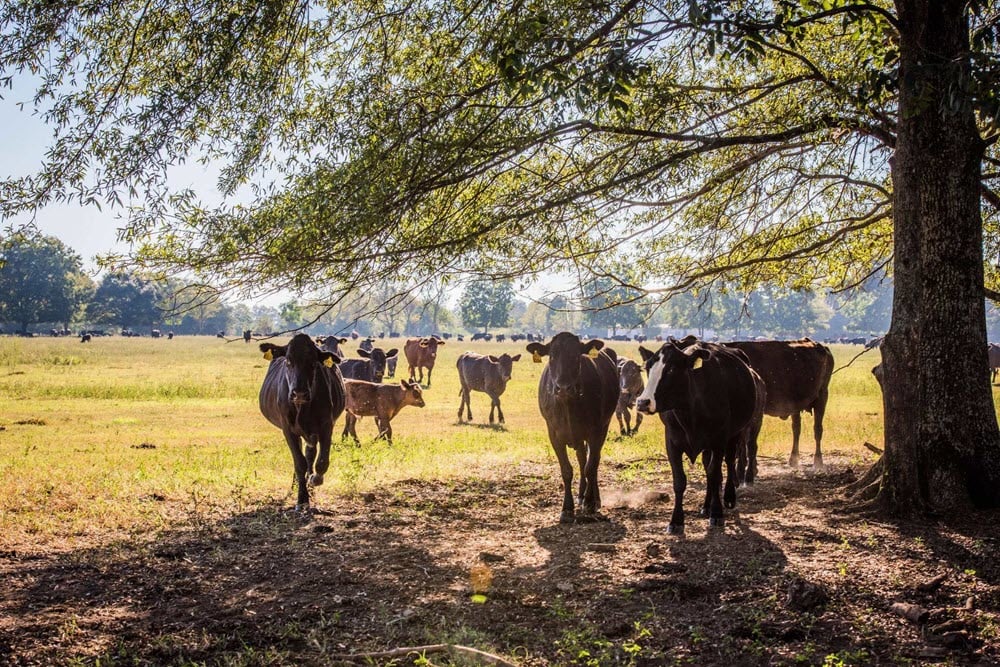


.jpg)
